[LUCID LIVING #0] The "Y" in YHouse
By Piet Hut
When we came up with the name "YHouse," more than a year ago, we started with the word "House," to indicate two aspects of what we wanted to accomplish. First, we wanted to acquire a physical building, to allow people with different interests and expertise to work together under one roof. Second, we wanted to construct a virtual building, in the form of a community of scientists, scholars, artists and members from the general public.
The "Y" in front of "House," read as "why," was literally spelling out the way we were willing to question anything and everything — as happens in scientific research, as well as in any inquiry into the underlying tacit assumptions that we use to ground our lives, often without being aware of doing so. I have the impression that each of the founders of YHouse has a somewhat different slant on what exactly the "why" questions are questioning. And this is a good thing, symbolizing the plurality of opinions and approaches in our community. Here is my angle.
“Adding a “Socratic Y” to our notion of a “Community House””
Adding a "Socratic Y" to our notion of a "Community House" illustrates our creating a community of explorers of the nature of reality, whether analyzed through scientific investigation, philosophical inquiry, artistic expression, or otherwise. Explorations capture our imagination: exploring new continents, exploring space, exploring the material structure of the world, exploring the nature of our thoughts, feelings, belief systems.
What all forms of exploration have in common is that they ultimately explore the mind. Major scientific breakthroughs occur when we question currently held beliefs about the world. Experiments alone don't tell us what to adjust in our theories, when the two of them clash. They only tell us that our current theories are no longer accurate enough. The next step is to explore which elements of those theories to modify or drop. In other words, we should ask ourselves which parts of our current held beliefs are standing in the way of insight.
The key question in all this is to ask: Y do we hold the beliefs we do? What is it about our received belief systems that we might want to drop, to open up room for new exploration? For Copernicus it was the belief that the Earth lies in the center of the Universe. For Darwin the belief that biological species are fixed and don't evolve. For Einstein the belief that space and time are absolute and immutable.
We don't know which beliefs that we are holding now need adjustment or replacement. The best we can do is question all of them, suspending judgment in all of them, neither believing nor disbelieving any of them, and asking ourselves the central questions:
Why do we believe what we believe?
For what reasons, on what grounds?
This attitude of suspending judgment lies at the core of scientific exploration. One way to vividly illustrate this attitude is to compare it with what happens when we "wake up" within a dream, that is, when we realize that we are dreaming while the dream continues. In the psychological literature this is called "lucid dreaming," a term introduced a little over a century ago by the Dutch psychiatrist and literary author Frederik van Eeden.
“Suspending judgment lies at the core of scientific exploration”
When a dream turns lucid, we realize in a very direct and unmistakable way that the beliefs we were entertaining about the substantiality of our experience at that point need adjustment. The scientific method invites us in similar ways to a life in which we explore a form of lucid living, and thus taste the freedom given by a radical suspension of judgment. It is this notion that inspired the title of this new blog, in which I plan to share my own and others' explorations of the freedom from identification with received beliefs and disbeliefs alike.
Piet Hut is President of YHouse (where this blog is hosted), Professor of Astrophysics and Head of the Program in Interdisciplinary Studies at the Institute for Advanced Study in Princeton, and a Principal Investigator and Councilor of the Earth-Life Science Institute in the Tokyo Institute of Technology.

![[#0] The "Y" in YHouse](https://images.squarespace-cdn.com/content/v1/585711b3ebbd1a051da20b4d/1496673153667-G1HKRKOE8J9M6WSR5V5B/yhouse-logo.jpg)